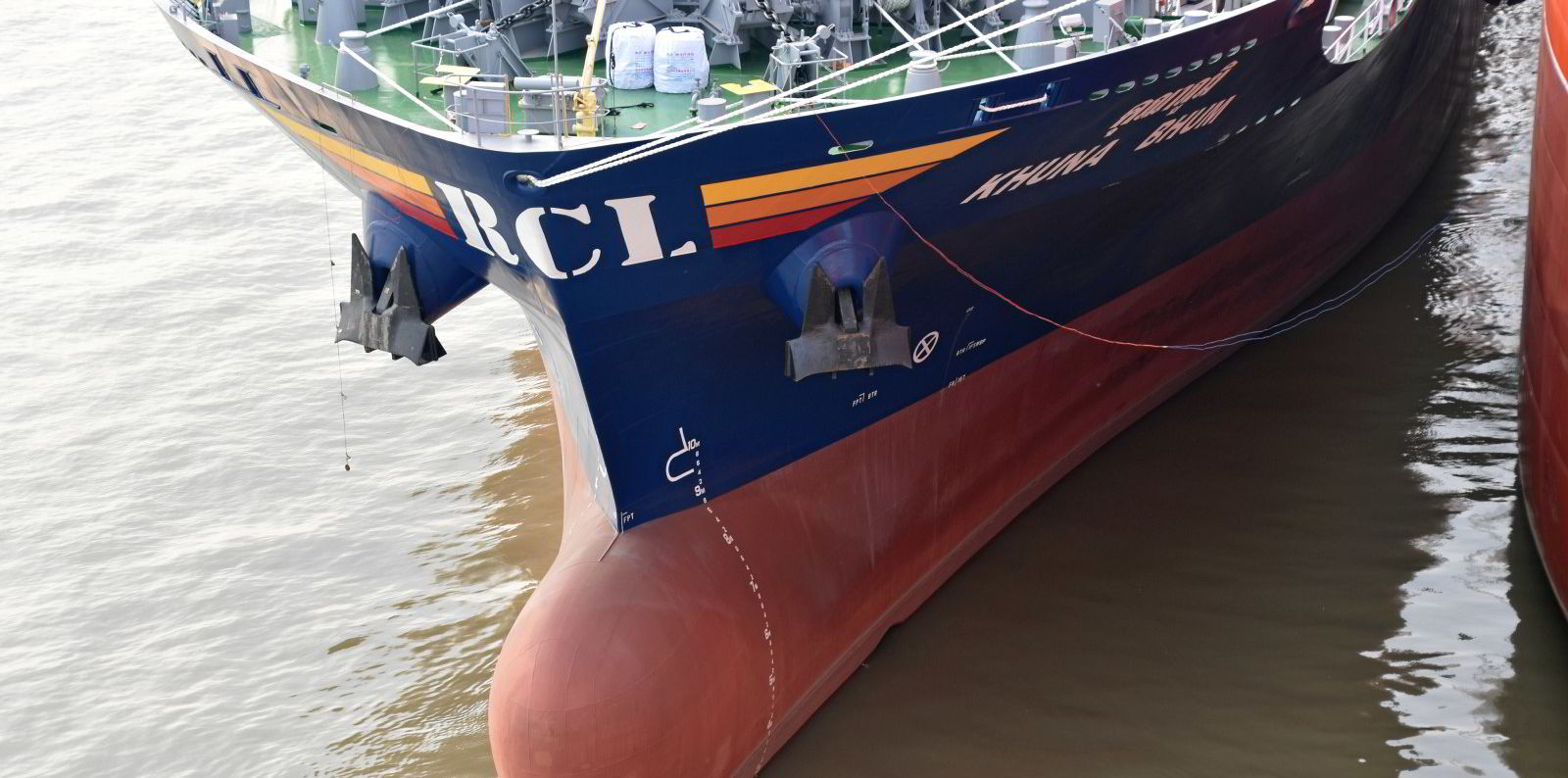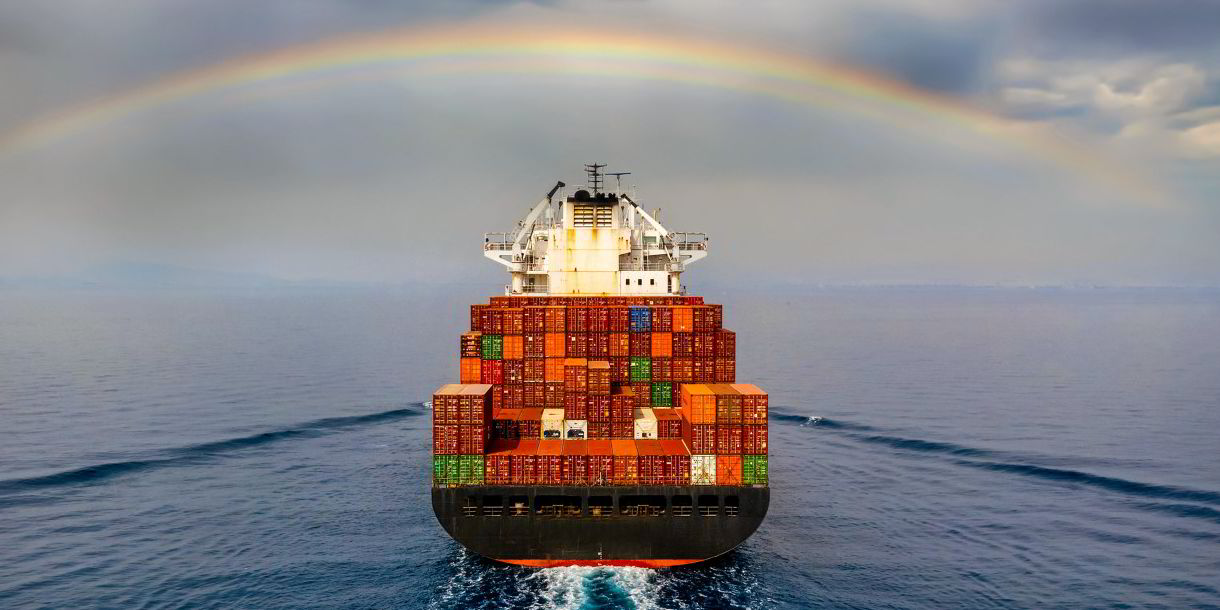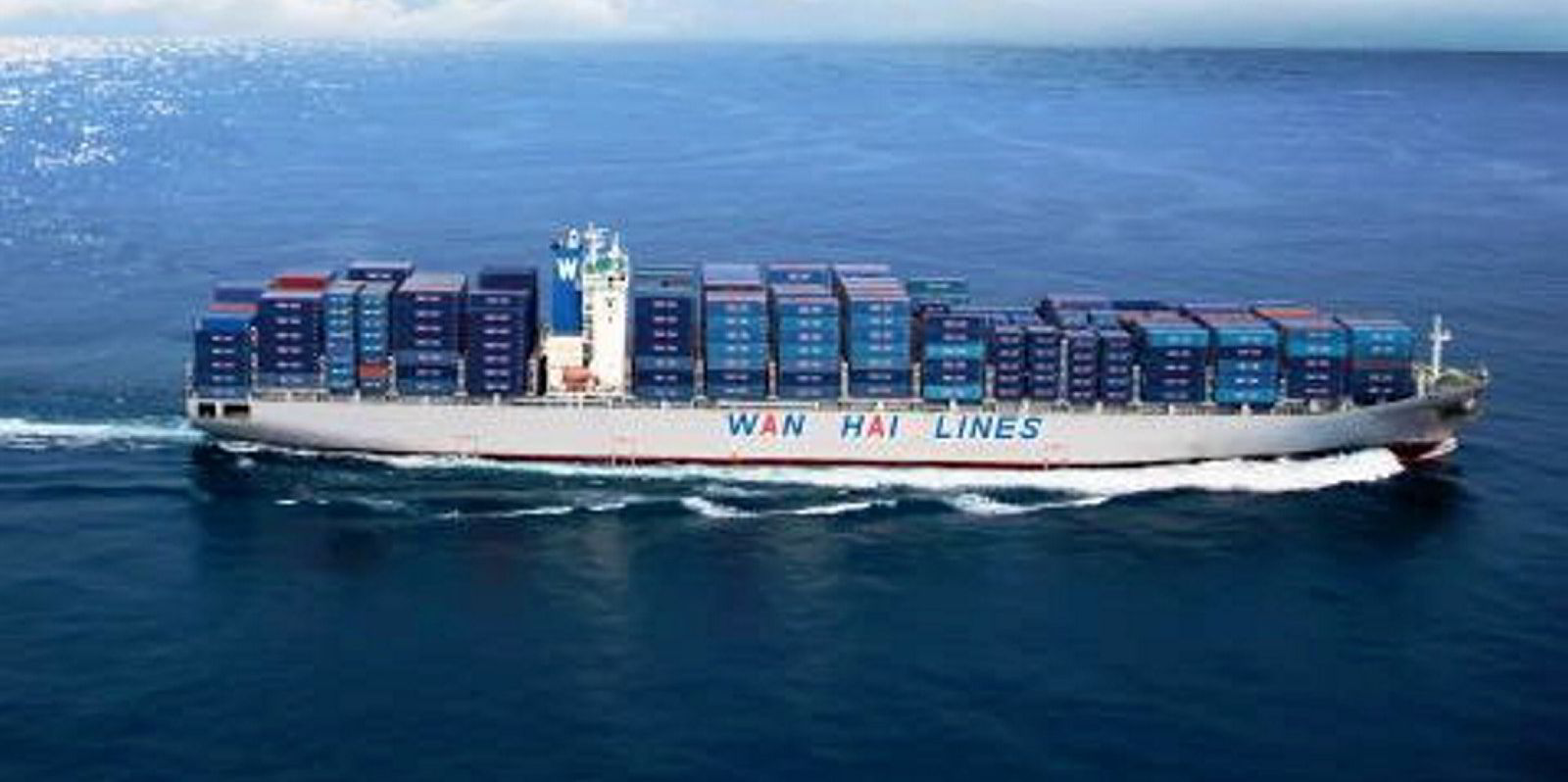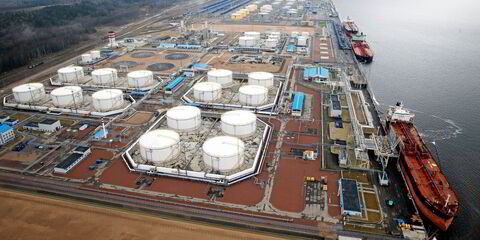Asian liner companies spent close to $3bn in the secondhand container ship market last year, according to data compiled exclusively for TradeWinds.
In total, they bought 107 container ships of 332,265 teu capacity, VesselsValue said.
Taiwanese shipowners accounted for almost one-third of the purchases by value, spending $915m on 20 ships with a total capacity of 112,728 teu.
Singapore-based principals were the second most active by value, spending $795.9m on 23 boxships of 67,253 teu, followed by Chinese owners, who spent $603.8m on 33 ships of 66,309 teu.
But while 2021 was one of the highest levels of spending in the past decade, it is not the most that Asian shipowners have spent in a 12-month period.
A staggering $4.4bn was shelled out in 2017, when 157 ships of 930,123 teu were purchased. There was another healthy spend in 2016, with $2.93bn splashed on 83 boxships of 496,398 teu.
“The container shipping market, battered after the 2008 collapse, bottomed out in 2016, with rates reaching their lowest level since the 2008 collapse in early 2016,” VesselsValue junior cargo analyst Felix Mathes told TradeWinds.
“This put further pressure on shipowners and led to several major container owners going bankrupt in those two years.”
Mathes said the 2017 bankruptcy of South Korea’s Hanjin Shipping, once one of the world’s top 10 liner operators, forced it to sell 14 vessels in late 2016 and a further 21 ships in the first half of the following year.
In addition to Hanjin, Singapore-listed Rickmers Maritime Trust went bankrupt and sold 14 vessels en bloc to Greece’s Navios Group in 2017.
Cido Shipping exited the container shipping market and sold 12 vessels, 10 of which went en bloc to German owner MPC Container Ships.
“Cosco Shipping Group also acquired six [ultra-large container ships] from Oriental Fleet International, a subsidiary of China Shipping Group [CSG], as part of the merger of Cosco Group and CSG,” Mathes said.
“In addition to these large en-bloc deals, many vessels were sold by smaller owners, solely due to continued poor rates, which improved slightly during 2017, but were still only just scratching [operating expenses].”
According to VesselsValue, Asian shipowners have been involved in secondhand container ship deals worth more than $17.7bn in the past decade.
In addition to strong years in 2021, 2017 and 2016, an average of $1.7bn was spent annually between 2018 and 2020.





